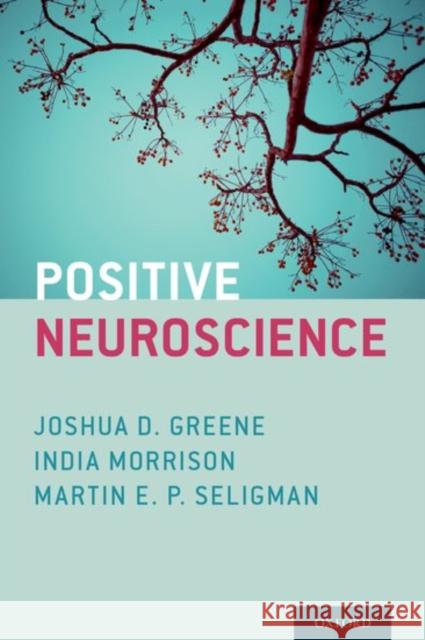Positive Neuroscience » książka
topmenu
Positive Neuroscience
ISBN-13: 9780199977925 / Angielski / Twarda / 2016 / 256 str.
How do we thrive in our behaviors and experiences? Positive neuroscience research illuminates the brain mechanisms that enable human flourishing. Supported by the John Templeton Foundation's Positive Neuroscience Project, which Martin E. P. Seligman established in 2008, Positive Neuroscience provides an intersection between neuroscience and positive psychology.
In this edited volume, leading researchers describe the neuroscience of social bonding, altruism, and the capacities for resilience and creativity. Part I (Social Bonds) describes the mechanisms that enable humans to connect with one another. Part II (Altruism) focuses on the neural mechanisms underlying the human ability and willingness to confer costly benefits on others. Part III (Resilience and Creativity) examines the mechanisms by which human brains overcome adversity, create, and discover. Specific topics include: a newly discovered nerve type that appears to be specialized for emotional communication; the effects of parenting on the male brain; how human altruism differs from that of other primates; the neural features of extraordinary altruists who have donated kidneys to strangers; and distinctive patterns of brain wiring that endow some people with exceptional musical abilities. Accessible to a broad academic audience, from advanced undergraduates to senior scholars, these subjects have generated a fascinating and highly convergent set of ideas and results, shaping our understanding of human nature.










